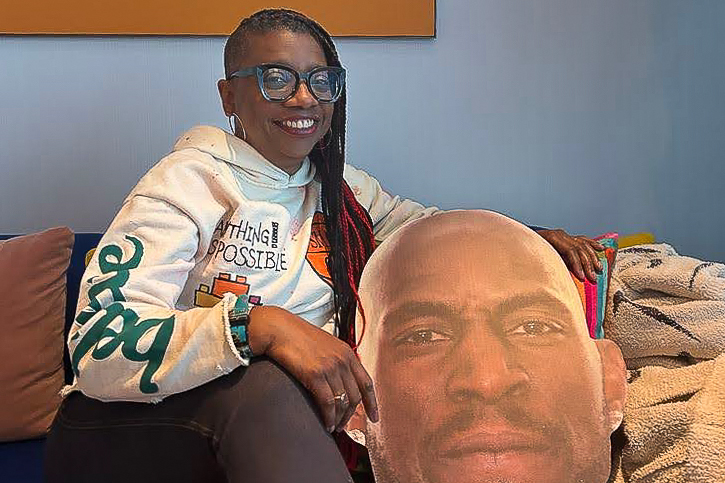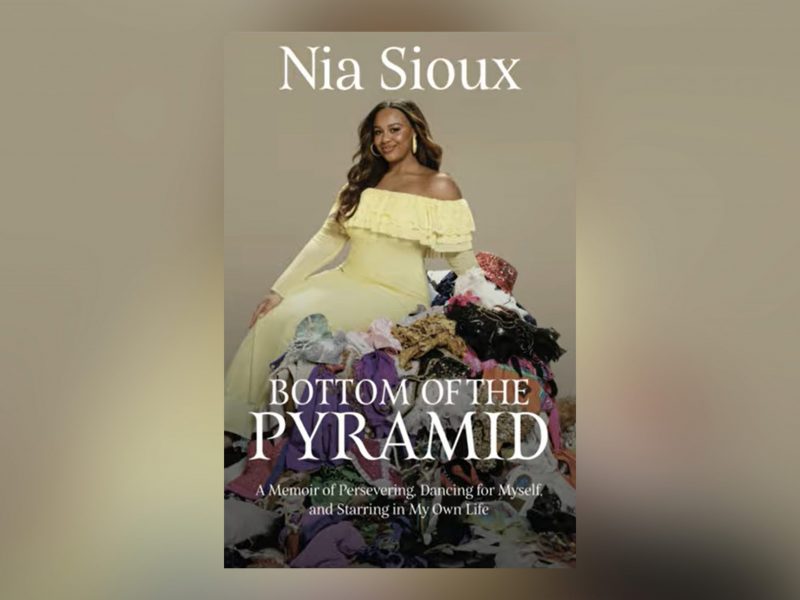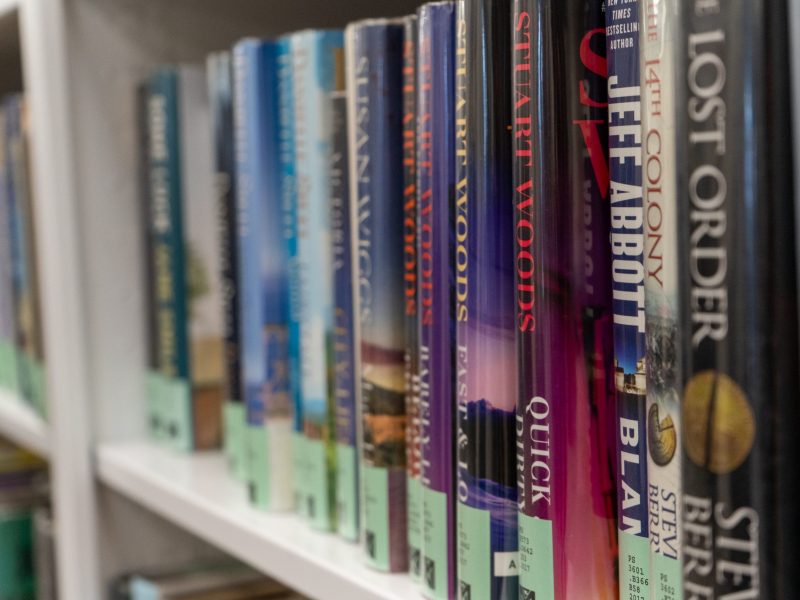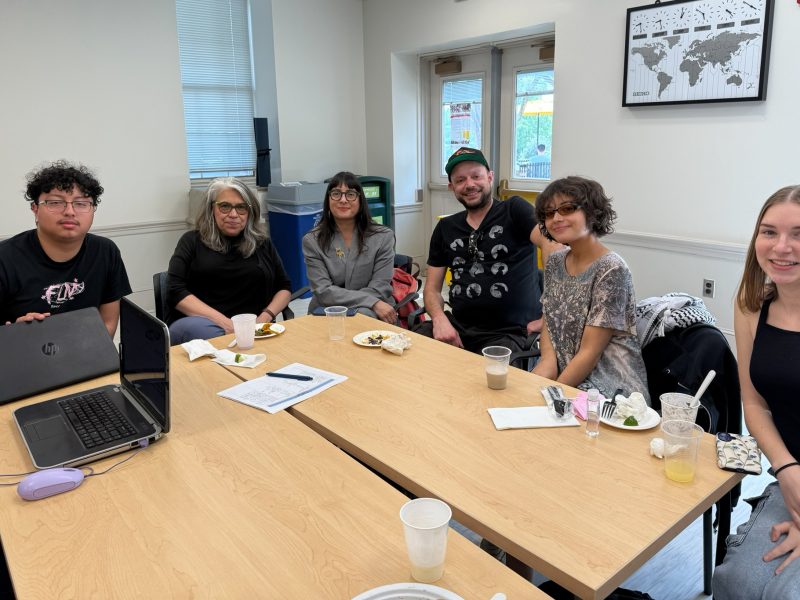University of Maryland alum La’Tonya Rease Miles spent about 25 years of her career encouraging other first-generation college students to tell their story.
Miles always thought nobody wanted to hear about her own experience being the first in her immediate family to go to college. But one recent comment from an author she interviewed stuck with her.
“La’Tonya, you should tell the story that you needed when you were in college,” Miles recalls the author telling her.
Just a short time later, on Feb. 25, 2025, Miles published “Smart Girl: A First-Gen Origin Story,” her new memoir.
In it, she reflects on her transformative path navigating challenges and triumphs as the first in her immediate family to go to a college.
“I often get frustrated when I see movies or read other books where someone has made it to college and then the movie ends. Like, well what happened?” Miles said. “I wanted to tell a little bit more of, well, what happened once I got to college, and then what happened when I went on to graduate school? Because I didn’t stop being first gen to college.”
She opens up about bouncing between nine different schools and how she was often told she was smart growing up. Miles said to her, the college question was no longer if she would go to college but instead: “How does a smart girl get into college?”
[Dukes brings elaborate skits, musical numbers to SEE’s spring comedy show]
Later, Miles described transferring out of her studies at the University of North Carolina, Chapel Hill after she said she saw multiple overtly racist incidents and deemed it “not a good fit.” She then transferred to Howard University but struggled to fit in as a first-generation student, while also unaware she was considered one because the term wasn’t openly used, Miles said.
Jabir McKnight, a friend and fellow first-generation college student, read the memoir and believes Miles’ hustle of moving through different environments demonstrated her resilience. He also appreciated her ability to weave together her life experiences with culture and her love for music and sports in the memoir, which he said felt “raw” to her experience. he said.
The memoir also made McKnight feel as though he was transferred “back in time” in its “focus on the Black experience,” he added.
“Reading the book gives you an opportunity to just really see through multiple lenses,” McKnight said.
Miles then wrote about her experience transferring to this university with a strong support system before graduating in 1994 with a degree in English language and literature. She moved to California the next year to begin her doctoral studies at the University of California, Los Angeles, where she wrote about feeling out of her league and overwhelmed with self-doubt.
[‘Severance’ season 2 finale returns with jaw-dropping, unstoppable climax]
“One of my main messages to students is to hold onto those things that are really important to them, that they may have gotten from their community,” Miles said. “For me, it was sports and music and hip hop.”
Genesis Montalvo, Miles’ editor, said they encouraged Miles to take readers through moments of “light bulbs going off” in her life so the audience fully understood her process.
It wasn’t until after the first year of the writing and editing process that Miles discovered the direction she wanted to take, Montalvo said. For Montalvo, witnessing those “‘aha’ moments” was most rewarding in their collaborative process.
Now, Miles dedicates her career to supporting first-generation students with programming at UCLA and Loyola Marymount University, she said.
“It comes to a certain point where you write for yourself,” Miles said. “This really is the book that I needed, and then your hope is that it resonates with other people, and I’m starting to see that now. I’m glad that people are finding some kind of connection with ‘Smart Girl.’”



